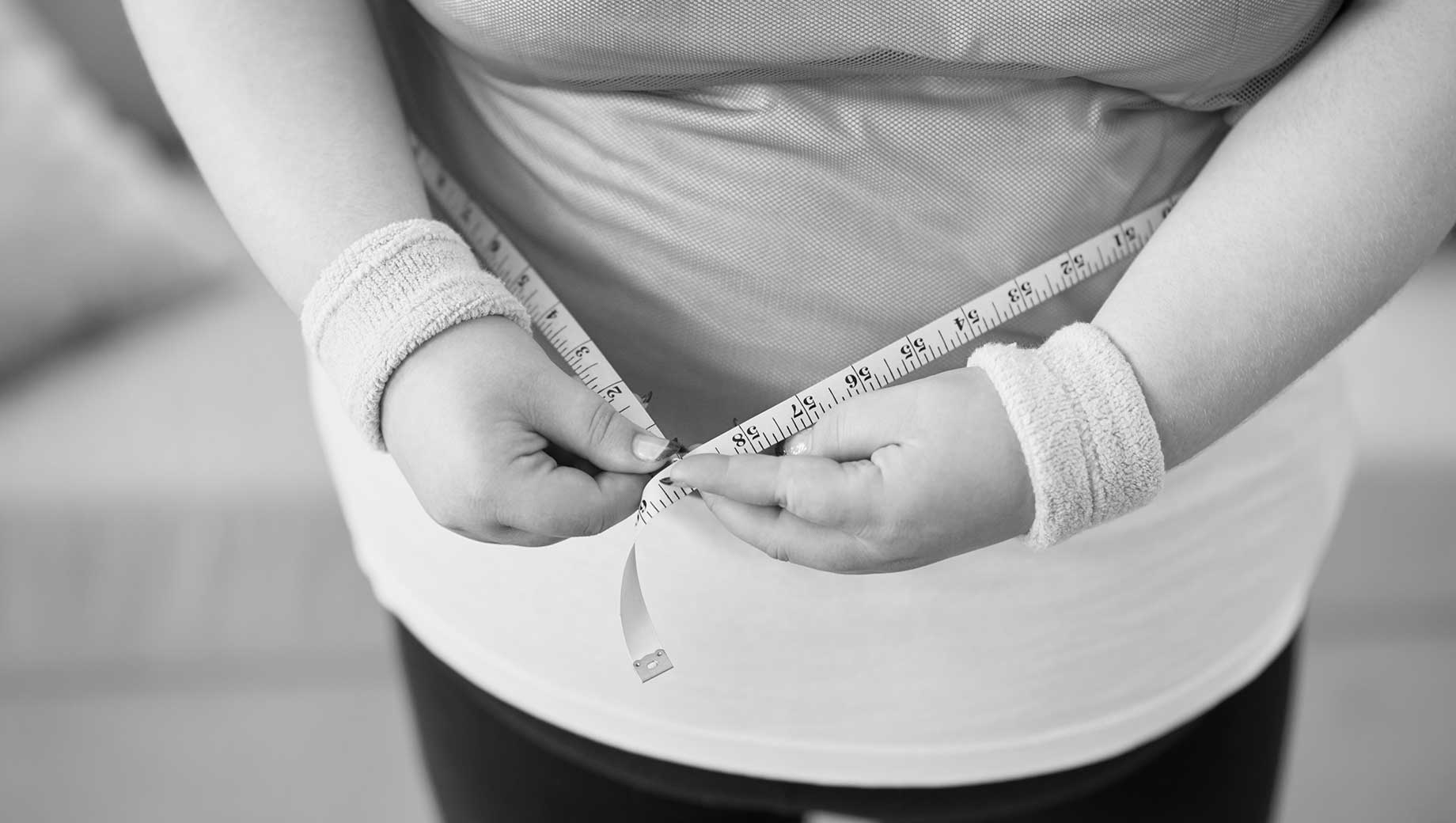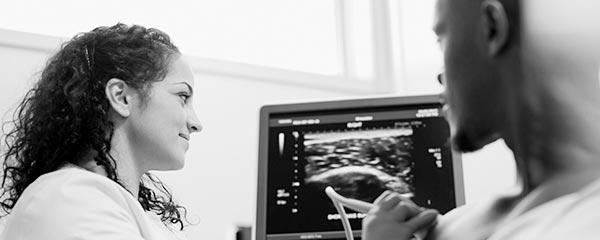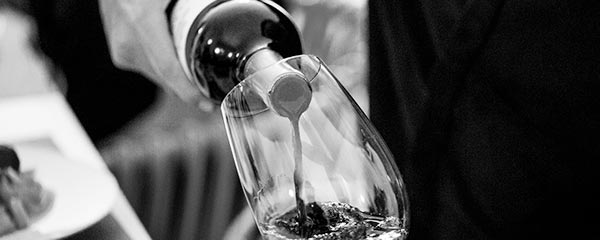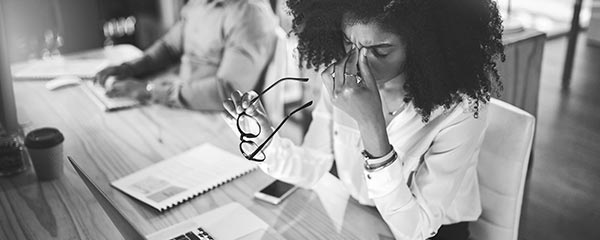Story Highlights
- From 2010-2019, average of 28% in the U.S. say they weighed 200 lbs. or more
- Up from 24% who said the same in 2001-2009
- 54%, on average, say they want to lose weight, down from 59% in previous decade
WASHINGTON, D.C. -- As the second decade of the 21st century ends, a look back at 2010-2019 finds that more Americans have said they weigh at least 200 pounds than did so from 2001-2009. An average of 28% of Americans said they weighed 200 pounds or more from 2010-2019, up from 24% during the prior decade. Accordingly, Americans' average self-reported weight has also risen, to 178 pounds -- up from 174 pounds during the previous decade, with similar increases among men (4 pounds) and women (3 pounds).
| 124 lbs. or less | 125-149 lbs. | 150-174 lbs. | 175-199 lbs. | 200 lbs. and over | Average weight | |||||||||||||||||||||||||||||||||||||||||||||||||||||||||||||||||||||||||||||||||||||||||||||||
|---|---|---|---|---|---|---|---|---|---|---|---|---|---|---|---|---|---|---|---|---|---|---|---|---|---|---|---|---|---|---|---|---|---|---|---|---|---|---|---|---|---|---|---|---|---|---|---|---|---|---|---|---|---|---|---|---|---|---|---|---|---|---|---|---|---|---|---|---|---|---|---|---|---|---|---|---|---|---|---|---|---|---|---|---|---|---|---|---|---|---|---|---|---|---|---|---|---|---|---|---|
| % | % | % | % | % | lbs. | |||||||||||||||||||||||||||||||||||||||||||||||||||||||||||||||||||||||||||||||||||||||||||||||
| 2010-2019 | ||||||||||||||||||||||||||||||||||||||||||||||||||||||||||||||||||||||||||||||||||||||||||||||||||||
| All Americans | 7 | 18 | 23 | 19 | 28 | 178 | ||||||||||||||||||||||||||||||||||||||||||||||||||||||||||||||||||||||||||||||||||||||||||||||
| Men | 1 | 7 | 23 | 25 | 42 | 196 | ||||||||||||||||||||||||||||||||||||||||||||||||||||||||||||||||||||||||||||||||||||||||||||||
| Women | 14 | 28 | 24 | 13 | 14 | 159 | ||||||||||||||||||||||||||||||||||||||||||||||||||||||||||||||||||||||||||||||||||||||||||||||
| 2001-2009 | ||||||||||||||||||||||||||||||||||||||||||||||||||||||||||||||||||||||||||||||||||||||||||||||||||||
| All Americans | 8 | 19 | 24 | 20 | 24 | 174 | ||||||||||||||||||||||||||||||||||||||||||||||||||||||||||||||||||||||||||||||||||||||||||||||
| Men | 2 | 7 | 23 | 29 | 38 | 192 | ||||||||||||||||||||||||||||||||||||||||||||||||||||||||||||||||||||||||||||||||||||||||||||||
| Women | 15 | 31 | 25 | 12 | 12 | 156 | ||||||||||||||||||||||||||||||||||||||||||||||||||||||||||||||||||||||||||||||||||||||||||||||
| *Averages of answers between the listed dates | ||||||||||||||||||||||||||||||||||||||||||||||||||||||||||||||||||||||||||||||||||||||||||||||||||||
| Gallup | ||||||||||||||||||||||||||||||||||||||||||||||||||||||||||||||||||||||||||||||||||||||||||||||||||||
These data come from Gallup's Health and Healthcare survey, conducted in November of each year. Gallup has asked Americans about their current weight and their ideal weight since 1990, including annually since 2001.
Between 2010 and 2019, an average of 42% of men indicated they weighed 200 or more pounds, up from 38% in the prior decade. Fourteen percent of women said they weigh 200 pounds or more, up from 12% between 2001 and 2009.
Fewer Americans Report Being Overweight
Even as Americans' weight has been increasing, fewer describe themselves as being "very" or "somewhat overweight." Thirty-eight percent of Americans, on average, have said they are very or somewhat overweight this decade, compared with 41% in the previous decade. At the same time, the average percentage of Americans who say their weight is "about right" has increased to 56% from 53%.
| Very/Somewhat overweight | About right | Somewhat/Very underweight | ||||||||||||||||||||||||||||||||||||||||||||||||||||||||||||||||||||||||||||||||||||||||||||||||||
|---|---|---|---|---|---|---|---|---|---|---|---|---|---|---|---|---|---|---|---|---|---|---|---|---|---|---|---|---|---|---|---|---|---|---|---|---|---|---|---|---|---|---|---|---|---|---|---|---|---|---|---|---|---|---|---|---|---|---|---|---|---|---|---|---|---|---|---|---|---|---|---|---|---|---|---|---|---|---|---|---|---|---|---|---|---|---|---|---|---|---|---|---|---|---|---|---|---|---|---|---|
| % | % | % | ||||||||||||||||||||||||||||||||||||||||||||||||||||||||||||||||||||||||||||||||||||||||||||||||||
| 2010-2019 | ||||||||||||||||||||||||||||||||||||||||||||||||||||||||||||||||||||||||||||||||||||||||||||||||||||
| All Americans | 38 | 56 | 5 | |||||||||||||||||||||||||||||||||||||||||||||||||||||||||||||||||||||||||||||||||||||||||||||||||
| 2001-2009 | ||||||||||||||||||||||||||||||||||||||||||||||||||||||||||||||||||||||||||||||||||||||||||||||||||||
| All Americans | 41 | 53 | 5 | |||||||||||||||||||||||||||||||||||||||||||||||||||||||||||||||||||||||||||||||||||||||||||||||||
| *Average of the answers during the periods listed | ||||||||||||||||||||||||||||||||||||||||||||||||||||||||||||||||||||||||||||||||||||||||||||||||||||
| Gallup | ||||||||||||||||||||||||||||||||||||||||||||||||||||||||||||||||||||||||||||||||||||||||||||||||||||
Americans' Perceptions of Ideal Weight Shifting Higher
Asked to indicate what their ideal weight would be, Americans tend to give a higher estimate now than in the prior decade. Fourteen percent, on average, over the current decade say their ideal weight is 200 pounds or more, compared with 11% during the previous decade. All of the observed increase is among men.
The average reported ideal weights for men and women have also grown modestly during this time, with men, on average, saying their ideal weight is 184 pounds and women saying 140 pounds. During the previous decade, men averaged 180 pounds as their ideal, and women, 137 pounds.
| 124 lbs. or less | 125-149 lbs. | 150-174 lbs. | 175-199 lbs. | 200 lbs. and over | Average weight | |||||||||||||||||||||||||||||||||||||||||||||||||||||||||||||||||||||||||||||||||||||||||||||||
|---|---|---|---|---|---|---|---|---|---|---|---|---|---|---|---|---|---|---|---|---|---|---|---|---|---|---|---|---|---|---|---|---|---|---|---|---|---|---|---|---|---|---|---|---|---|---|---|---|---|---|---|---|---|---|---|---|---|---|---|---|---|---|---|---|---|---|---|---|---|---|---|---|---|---|---|---|---|---|---|---|---|---|---|---|---|---|---|---|---|---|---|---|---|---|---|---|---|---|---|---|
| % | % | % | % | % | Lbs. | |||||||||||||||||||||||||||||||||||||||||||||||||||||||||||||||||||||||||||||||||||||||||||||||
| 2010-2019 | ||||||||||||||||||||||||||||||||||||||||||||||||||||||||||||||||||||||||||||||||||||||||||||||||||||
| All Americans | 10 | 26 | 26 | 20 | 14 | 162 | ||||||||||||||||||||||||||||||||||||||||||||||||||||||||||||||||||||||||||||||||||||||||||||||
| Men | 1 | 6 | 27 | 36 | 28 | 184 | ||||||||||||||||||||||||||||||||||||||||||||||||||||||||||||||||||||||||||||||||||||||||||||||
| Women | 18 | 45 | 26 | 5 | 1 | 140 | ||||||||||||||||||||||||||||||||||||||||||||||||||||||||||||||||||||||||||||||||||||||||||||||
| 2001-2009 | ||||||||||||||||||||||||||||||||||||||||||||||||||||||||||||||||||||||||||||||||||||||||||||||||||||
| All Americans | 12 | 29 | 26 | 20 | 11 | 158 | ||||||||||||||||||||||||||||||||||||||||||||||||||||||||||||||||||||||||||||||||||||||||||||||
| Men | 2 | 7 | 31 | 37 | 21 | 180 | ||||||||||||||||||||||||||||||||||||||||||||||||||||||||||||||||||||||||||||||||||||||||||||||
| Women | 22 | 49 | 21 | 4 | 1 | 137 | ||||||||||||||||||||||||||||||||||||||||||||||||||||||||||||||||||||||||||||||||||||||||||||||
| *Average of answers during the listed dates | ||||||||||||||||||||||||||||||||||||||||||||||||||||||||||||||||||||||||||||||||||||||||||||||||||||
| Gallup | ||||||||||||||||||||||||||||||||||||||||||||||||||||||||||||||||||||||||||||||||||||||||||||||||||||
Fewer Americans Want to Lose Weight
With more Americans, on average, comfortable with their weight, it is perhaps not surprising that fewer are looking to lose weight, even as they are weighing more. An average of 54% of Americans have said they want to lose weight from 2010-2019, compared with 59% who said so from 2001-2009.
| Lose weight | Stay at present | Put on weight | ||||||||||||||||||||||||||||||||||||||||||||||||||||||||||||||||||||||||||||||||||||||||||||||||||
|---|---|---|---|---|---|---|---|---|---|---|---|---|---|---|---|---|---|---|---|---|---|---|---|---|---|---|---|---|---|---|---|---|---|---|---|---|---|---|---|---|---|---|---|---|---|---|---|---|---|---|---|---|---|---|---|---|---|---|---|---|---|---|---|---|---|---|---|---|---|---|---|---|---|---|---|---|---|---|---|---|---|---|---|---|---|---|---|---|---|---|---|---|---|---|---|---|---|---|---|---|
| % | % | % | ||||||||||||||||||||||||||||||||||||||||||||||||||||||||||||||||||||||||||||||||||||||||||||||||||
| 2010-2019 | ||||||||||||||||||||||||||||||||||||||||||||||||||||||||||||||||||||||||||||||||||||||||||||||||||||
| All Americans | 54 | 38 | 7 | |||||||||||||||||||||||||||||||||||||||||||||||||||||||||||||||||||||||||||||||||||||||||||||||||
| Men | 47 | 42 | 10 | |||||||||||||||||||||||||||||||||||||||||||||||||||||||||||||||||||||||||||||||||||||||||||||||||
| Women | 60 | 35 | 4 | |||||||||||||||||||||||||||||||||||||||||||||||||||||||||||||||||||||||||||||||||||||||||||||||||
| 2001-2009 | ||||||||||||||||||||||||||||||||||||||||||||||||||||||||||||||||||||||||||||||||||||||||||||||||||||
| All Americans | 59 | 34 | 7 | |||||||||||||||||||||||||||||||||||||||||||||||||||||||||||||||||||||||||||||||||||||||||||||||||
| Men | 52 | 39 | 9 | |||||||||||||||||||||||||||||||||||||||||||||||||||||||||||||||||||||||||||||||||||||||||||||||||
| Women | 65 | 31 | 4 | |||||||||||||||||||||||||||||||||||||||||||||||||||||||||||||||||||||||||||||||||||||||||||||||||
| * Average of answers between the dates listed | ||||||||||||||||||||||||||||||||||||||||||||||||||||||||||||||||||||||||||||||||||||||||||||||||||||
| Gallup | ||||||||||||||||||||||||||||||||||||||||||||||||||||||||||||||||||||||||||||||||||||||||||||||||||||
The average percentages saying they want to shed pounds fell by the same amount, five percentage points, among men and women between the two decades. Both are more likely than they were from 2001-2009 to say they intend to stay at their current weight -- 42% of men and 35% of women this decade, compared with 39% and 31%, respectively.
Bottom Line
Obesity, defined as having a body mass index of 30 or more, is consistently described as an epidemic in the U.S. today, and it is estimated that it causes one in five deaths in the U.S. each year. In response, a few cities and municipalities have instituted taxes on unhealthy foods in an effort to disincentivize their consumption, while the Centers for Disease Control and Prevention, along with state health departments, has made major efforts to address the problem. Additionally, employers and others have offered wellness plans and other incentives to persuade Americans to shed pounds. And, at the same time that the U.S. public has grown heavier, numerous fad diets have become popular.
Despite these efforts, policies and popular diets, more Americans, on average, weigh at least 200 pounds this decade than last. Americans also appear more comfortable with their increased weight and less likely to want to act to lose weight. The current efforts to address the issue have evidently not been sufficient, and a new approach is likely warranted to convince Americans of the need to curb their weight.
View complete question responses and trends (PDF download).
Learn more about how the Gallup Poll Social Series works.




